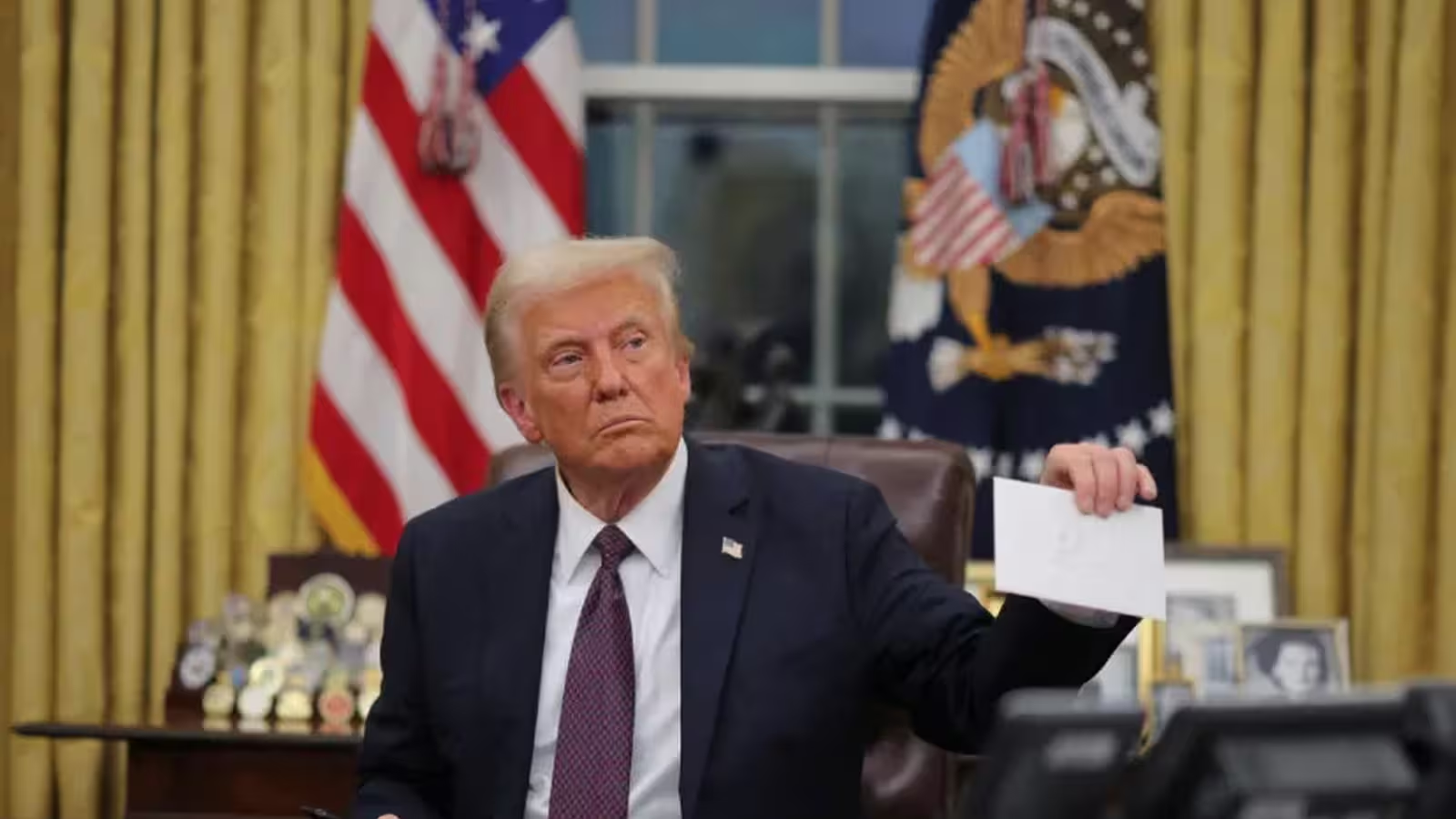3 Minutes
Federal Court Overturns Major Trump Tariffs, Impacting Global Tech Supply Chains
A recent landmark decision by a US federal court has declared a significant portion of tariffs imposed during the Trump presidency to be unconstitutional. This ruling could shake the very foundations of America's trade policy, with broad implications for technology imports and exports, especially those involving key markets such as China, Canada, and Mexico.
Tariffs and Their Impact on Technology Imports
The suspended tariffs, which included a sweeping 10% duty on nearly all US trading partners and separate, targeted tariffs on tech-heavy economies like China, were initially justified under the International Emergency Economic Powers Act (IEEPA). However, a panel of three judges determined that these measures exceeded the legal authority granted to the president, particularly because the targeted concerns—like the trade deficit—do not constitute emergencies as defined by law.
Market Relevance for Tech Companies
These tariffs have long been a point of contention among American technology companies and digital innovators. Many tech firms rely on global supply chains for semiconductors, networking equipment, and consumer electronics. Increased tariffs raised costs, prompting some companies to adjust strategies, shift manufacturing, or pass expenses on to consumers. The court's decision may now pave the way for more competitive pricing and the freer movement of advanced tech products across borders.
Legal Challenges and Policy Comparisons
The court noted that the tariffs targeting China, Canada, and Mexico were not directly connected to national emergency threats as described in executive orders. Interestingly, the three judges who rendered the ruling were appointed by presidents from both major US political parties, reflecting bipartisan concern over unchecked executive tariff authority. Despite the legal setback, the Trump administration vowed to appeal the decision, defending tariffs as part of the "America First" commitment to reducing the trade deficit.
Advantages for the Tech Sector
Should this ruling stand, US technology manufacturers and digital businesses stand to benefit from a more predictable and open trading environment. Lower tariff barriers could boost innovation, lower component costs, and drive further advancements—particularly in fields such as artificial intelligence, cloud computing, and next-generation consumer electronics.
Conclusion: What’s Next for the Global Tech Industry?
While some of Trump's tariffs have faced backlash and been temporarily suspended or reduced through negotiations, this unprecedented court decision adds a new layer of complexity to international technology trade. Companies will watch closely as the case moves to the federal appeals process, aware that the ultimate outcome could reshape global technology markets and digital product pricing for years to come.


Comments